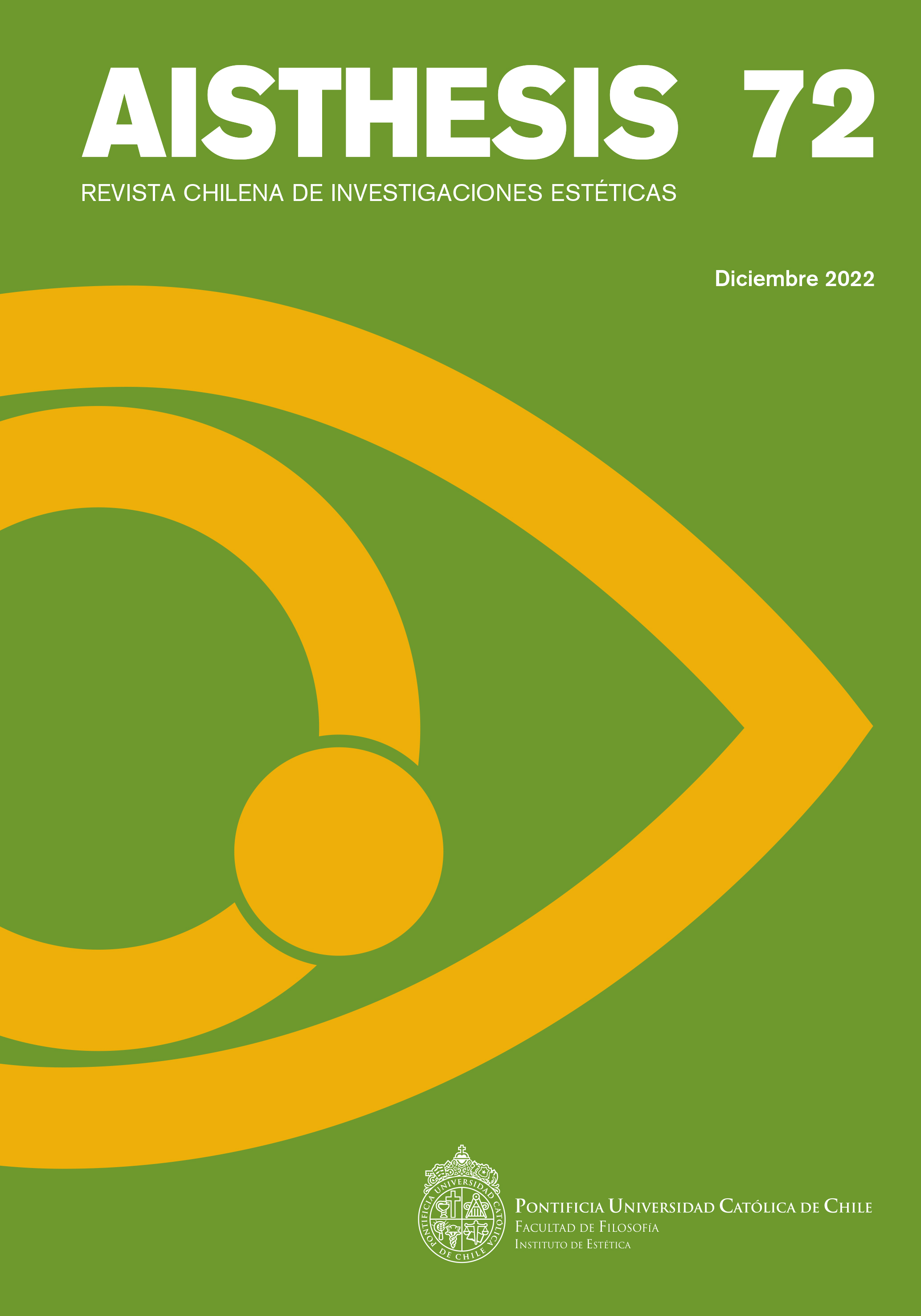El plantacionoceno en el «desierto» argentino. Las aventuras de la China Iron como narrativa indisciplinada para la alteración de mundos
Contenido principal del artículo
Resumen
De acuerdo con la formulación de Haraway y Tsing, el Plantacionoceno sería un modo de nombrar esta época que permitiría, con mayor especificidad que el Antropoceno, señalar las características del sistema mundial moderno. En este artículo revisamos las diferentes versiones del Antropoceno y el tipo de problemas que habilita (especialmente los de la escala y la agencia material). Luego nos abocamos a la emergencia de la noción de simbiosis como forma de hacer comunidad más allá de lo humano tal como aparece primero en Michel Serres y luego en Haraway, el marco ofrecido por la ecocrítica materialista y el modo en que el Plantacionoceno se justifica. Adoptando este enfoque, leemos las narrativas fundacionales de la identidad argentina como aquellas donde esta es figurada como la del varón valiente (primero un marginal y luego un héroe nacional) cuya tarea principal es borrar (material y simbólicamente) el legado indígena. Por último, abordamos la novela de Gabriela Cabezón Cámara, Las aventuras de la China Iron, donde el poema épico nacional de José Hernández, Martín Fierro, es totalmente re-escrito. A lo largo de esta indisciplinada narración de alteración de mundos, la plantación es transformada en una humildad no jerárquica que nos ubica en el umbral de un plantismo queer.
Descargas
Detalles del artículo

Esta obra está bajo una licencia internacional Creative Commons Atribución-NoComercial-CompartirIgual 4.0.
Todos los contenidos de esta edición electrónica se distribuyen bajo licencia Creative Commons de “Atribución-Copartirigual 4.0 Internacional” (CC-BY-SA). Cualquier reproducción total o parcial del material deberá citar su procedencia.
Los derechos de los trabajos académicos publicados en AISTHESIS: Revista Chilena de Investigaciones Estéticas pertenecen a sus autores, quienes otorgan a la Revista la licencia para su uso. La gestión de los permisos y la autorización de publicación de las imágenes (o de cualquier material) que contenga derechos de autor y sus consecuentes derechos de reproducción en esta publicación es de exclusiva responsabilidad de los autores de los artículos.
